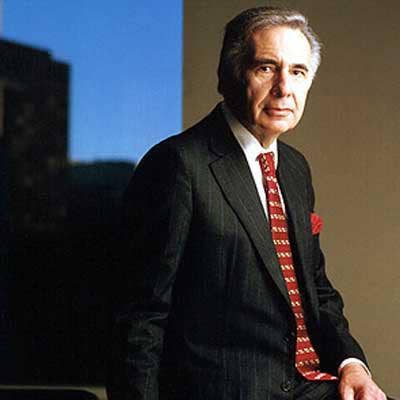5 Companies That Dropped The Ball This Week

Windows RT: The New Vista?
The evidence is mounting that Windows RT, the version of Microsoft's PC operating system developed for ARM-based mobile devices, may be a bust.
CRN reported this week that solution providers are saying that customer interest in Windows RT is nonexistent. What's more, because Windows RT can't run legacy Windows applications, it's hurting Microsoft's Windows 8 sales and marketing efforts because of the confusion it's created.
This week also saw a spate of bad press about Windows RT. HTC has reportedly canceled plans to develop a Windows RT-based tablet, even as Microsoft was said to be cutting the price of the operating system to device manufacturers building small-size tablets in an effort to spur sales. And Acer Chairman J.T. Wang was quoted in The Wall Street Journal as saying Windows RT won't be "influential" in the market.

Icahn's Bid For Dell Comes Up Short
Dell's efforts to become a private company have appeared regularly in "5 That Dropped the Ball." But this week it's Carl Icahn and his alternative proposal that's apparently short of the mark.
A Dell special committee assigned to investigate offers for Dell shares said Icahn's leveraged recapitalization bid would lead to a $3.9 billion funding shortfall for the company, according to a filing with the Securities and Exchange Commission Wednesday. Icahn's offer, made in conjunction with Southeastern Asset Management, is an alternative to the $24.4 billion offer from Michael Dell, Silver Lake Partners and other financing partners to take the company private.
The special committee also argued that the Icahn-backed plan could damage Dell's reputation with employees, vendors and customers because it would hold a "significantly weaker profile than key enterprise peers," and be in a weak financial position to complete its strategy to become a more enterprise-focused company.

U.S. Says Apple Conspired To Increase Ebook Prices
Apple just can't seem to get away from scrutiny by the U.S. government. This week a U.S. government lawyer charged that Apple conspired with publishers to raise the price of ebooks in a scheme costing consumers hundreds of millions of dollars.
The claim came this week in a U.S. District Court trial in which the Justice Department has sued Apple, charging that the company conspired with five U.S. publishing companies to illegally increase ebook prices. The five publishers settled before the case went to trial and Apple is the only defendant. "Apple told publishers that Apple -- and only Apple -- could get prices up in their industry," Lawrence Buterman, a lawyer at the Justice Department, said during the trial's opening arguments this week, according to a Reuters story. Apple has denied the conspiracy charges, saying it was only acting in its own business interests in negotiating deals with the publishers before launching its iPad in January 2010, according to the story.

Intel Partners Say New Haswell Motherboards In Short Supply
Intel isn't supposed to exit the motherboard manufacturing business until 2016. But partners who are having trouble getting motherboards with the new Haswell microprocessor are wondering whether Intel has already checked out of the business.
This week several Intel partners told CRN they are having difficulty finding motherboards with Intel's fourth-generation Core processors, code-named Haswell, which debuted this week. Partners said part of the problem is the limited number of new motherboard SKUs currently available from Intel.
Intel said it's investigating the reported shortages and a company manager told CRN that strong demand for the Core i5 and i7 processors has been strong -- a factor that may be contributing to higher demand for the motherboards.

HTC COO Exits Stage Right
Last week mobile device maker HTC made our "5 That Dropped The Ball" list because of its declining sales and the growing number of HTC executives heading for the exits.
It may be a case of kicking 'em when they're down, but HTC made this week's list following the news that COO Matthew Costello has joined the exodus after less than three years at the company.
In recent weeks the company has had to delay the launch of its new HTC One smartphone because of reported manufacturing problems. That has taken a toll on the company's sales and earnings.